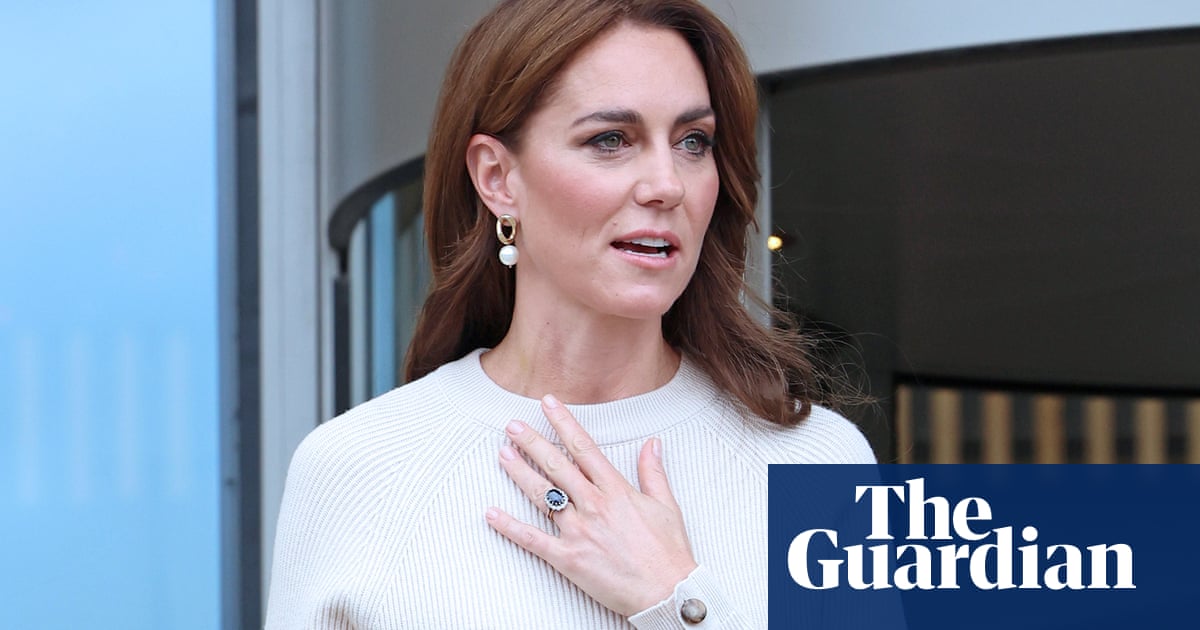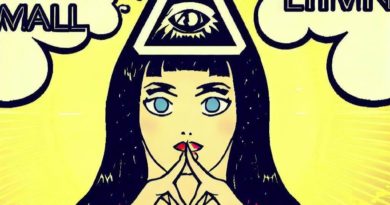Conspiracy theories tagged #kategate grow despite Kensington Palace video

The Princess of Wales might have hoped her admission about her cancer diagnosis would put an end to the speculation about her.
But the opposite seems to be the case – with experts noting this was entirely predictable, given the durability of online conspiracy theories, and those who propagate them.
Social media posts and websites with the hashtag #kategate, which has been used to flag unsupported theories about the princess, have increased in number since the release of an official video by Kensington Palace on Friday.
There were 400 mentions of the hashtag on big social media platforms on Sunday, higher than the previous peak of 373 the previous weekend, according to BrandMentions, a company that monitors the spread of hashtags and keywords online. It is most prominent on X, followed by Instagram and TikTok.
One video on TikTok, which has been viewed more than 200,000 times since it was posted on Sunday, claims the princess’s video could have been manipulated and also refers to the use of “AI imagery”. The BBC has issued a statement confirming that a crew from its BBC Studios unit filmed the announcement.
Quassim Cassam, a philosophy professor at Warwick University and expert on conspiracy theories, said it was common for conspiracy theories to be fuelled by evidence that discounts them.
“They can’t be stopped because evidence against them is treated as part of the conspiracy. That’s why they are so resilient,” he said.
Whitney Phillips, an assistant professor of digital platforms and ethics at the University of Oregon in the US, said social media users pushing these theories can also be doing it for entertainment.
“The kind of rampant speculation that goes along with these sorts of theories can also be an entertaining mystery or distraction for participants, without much or any regard for the harm or distress this kind of speculation might cause for the people roped into the theory,” she said.
Logically, a British firm that analyses disinformation, has identified a trend in online conspiracy theories where “diehard” participants in outlandish speculation are now joined by people who do it for fun.
“It’s an opportunity for regular people on the internet to play at conspiracy theories,” said Joe Ondrak, a senior analyst at Logically.
An executive at X said the mainstream media should also “take responsibility” for the circulation of a “hurtful” narrative.
“The mainstream media has excessively propagated this narrative, and consequently, every single news outlet should now take responsibility, express regret, and offer apologies to Princess Kate and her family, and grant them the privacy they deserve,” said Joe Benarroch, head of business operations at X.
Guidelines published by the owner of Instagram, Meta, state it fact checks viral content on its platforms and acts to slow “the spread of hoaxes and viral misinformation, and [directs] users to authoritative information”.
TikTok’s guidelines on conspiracy theories reduce the reach of “unfounded” theories that claim “certain events or situations are carried out by covert or powerful groups” by making them ineligible for its main For You feed, but it does allow “inaccurate myths, or misinformation” provided they don’t cause “significant” harm.
Prof Cassam added that, eventually, the Princess of Wales conspiracy theories will become less prominent as proponents move on to other stories.
“They do fade away, as people with what psychologists call a ‘conspiracy mentality’ move on to new conspiracy theories,” he said.
This article has been archived for your research. The original version from The Guardian can be found here.


